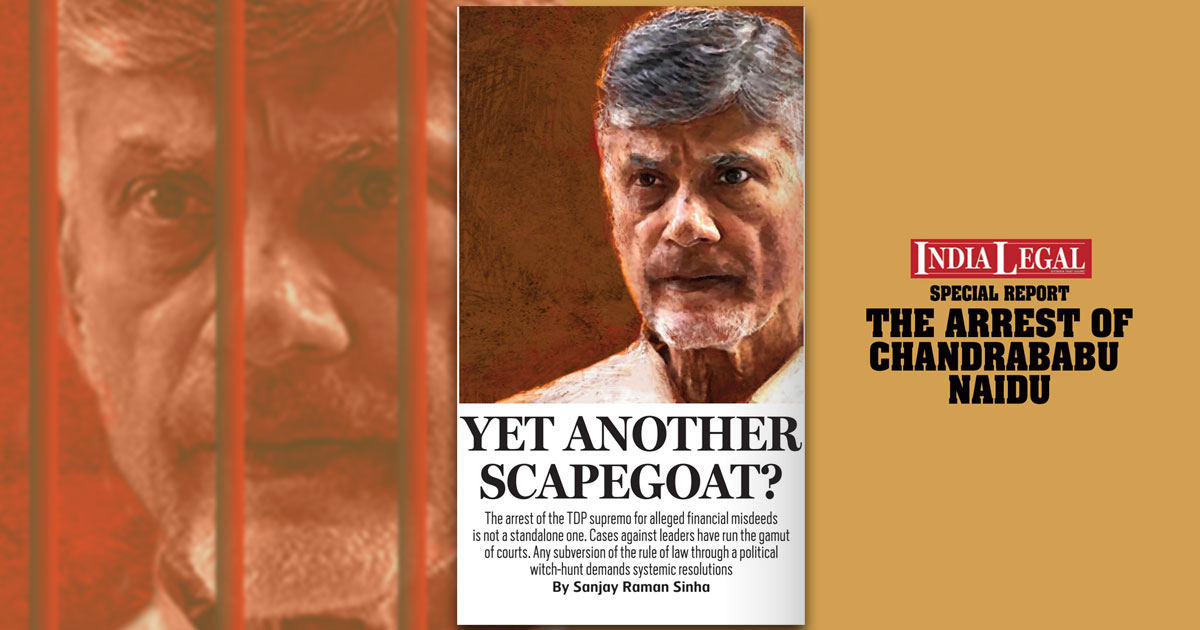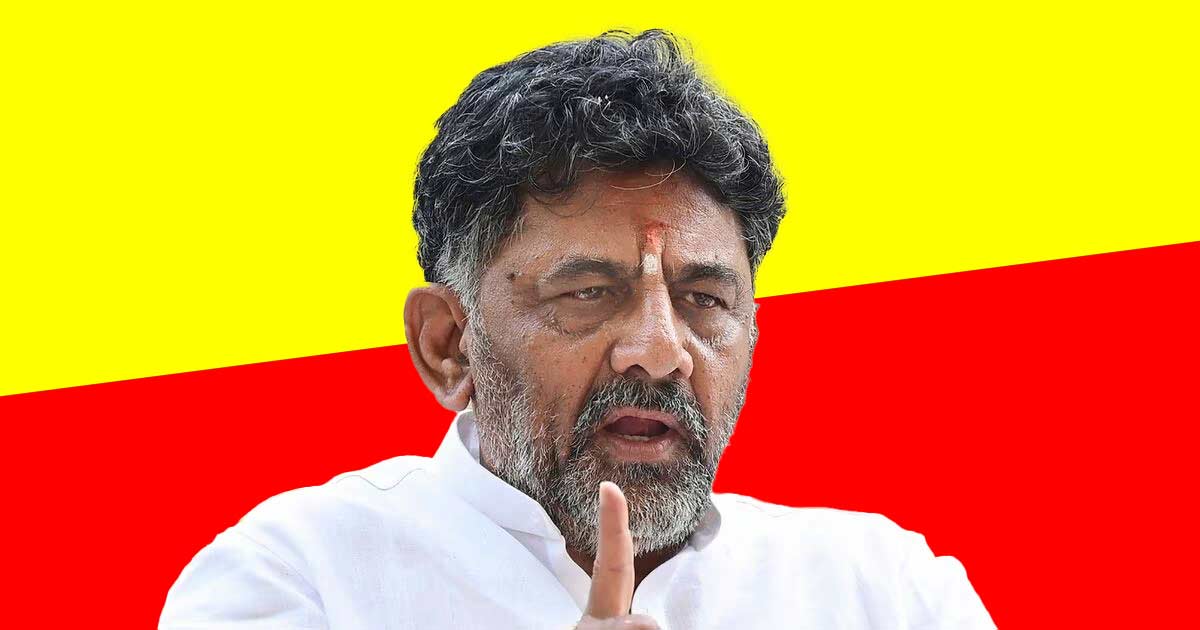The Hon’ble Supreme Court on 17.10.2023, was scheduled to hear TDP Chief, Chandrababu Naidu’s plea for quashing of FIR in the skill development scam case.
It is pertinent to note that the Supreme Court of India on 17.10.2023, has reserved its verdict on the plea filed by former Andhra Pradesh Chief Minister, Chandrababu Naidu, who sought the quashing of the FIR related to skill development case.
The proceedings, which took place on October 17, 2023, witnessed intense arguments among senior advocates, providing an intriguing insight into the nuances of the case.
BREAKING NEWS: No interim bail for Chandrababu Naidu in skill development case : Supreme Court
— South One (@SouthOneNews) October 17, 2023
The verdict, says, "We have heard the main matter, and will deliver judgment."#CBN #SupremeCourtofIndia #ChandrababuNaidu pic.twitter.com/uoVfe7RzD6
Naidu’s Narrative
Where Senior Advocate Harish Salve, representing Chandrababu Naidu, began the proceedings by requesting interim bail for his client. He highlighted Naidu’s age and the fact that he had already spent 40 days in detention. However, the court did not grant interim bail.
Salve’s argument revolved around the application of Section 17A, a key provision that places restrictions on the prosecution of public servants without prior sanction. He contended that if Section 17A is held to be applicable, it would have far-reaching implications on the case. Salve also pointed out the composite charge-sheet that combined offenses under the Prevention of Corruption Act (PC Act) and the Indian Penal Code (IPC).
Notably, Salve argued that the absence of Section 17A would invalidate all actions taken against public servants, emphasizing that the provision is not merely procedural but has elements of substantive right. He invoked legal precedents and constitutional provisions to support his case, highlighting the principle of non-retrospectivity and emphasizing that the provision came into existence after the alleged offenses.
Salve raised questions about the jurisdiction of the special court in the absence of Section 17A, especially when multiple accused are involved and the offenses encompassing Prevention of Corruption Act.
State’s Narrative
The arguments delivered by Salve were countered by Senior Advocate Mukul Rohatgi, who represented the state. Rohatgi contended that Section 17A was not retrospective and that the provision only applied to actions related to official duties and not corruption. He emphasized that the protection offered by the provision was meant to safeguard honest public servants from harassment.
Rohatgi challenged the timing of the quashing plea, arguing that it was filed prematurely and did not allow adequate time for the police to conduct a thorough investigation. He underlined that the protection under Section 17A could not be extended to cases involving corruption.
Rohatgi emphasized that quashing the FIR at an early stage, especially when the charges were related to corruption involving substantial amounts, would not be appropriate. He argued against using Section 482 of CrPC to scuttle an investigation
The court observed discussion about the jurisdiction of the special court, especially concerning the absence of the Prevention of Corruption Act (PC Act) charges due to lack of sanction. Rohatgi argued that the special judge’s jurisdiction would remain intact with respect to the non-PC Act offenses.
Legal Status
The hearing has been adjourned until Friday, accordingly the Supreme Court of India has reserved verdict on Chandrababu Naidu’s plea for quashing of FIR in skill development scam case; and no interim bail for Naidu has been granted as for now.
As the Supreme Court reserved its verdict, it left the nation eagerly awaiting the outcome of this high-stakes legal battle, which could have significant implications for the legal landscape surrounding corruption cases involving public servants. The arguments put forth by both senior advocates provided valuable insights into the complex legal framework that surrounds such cases, further highlighting the importance of the judiciary in upholding the rule of law.







